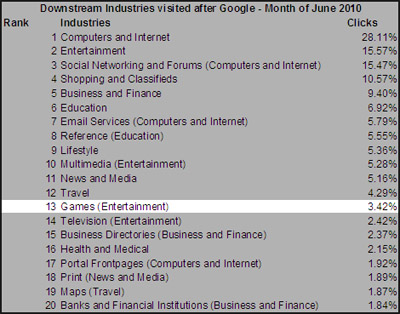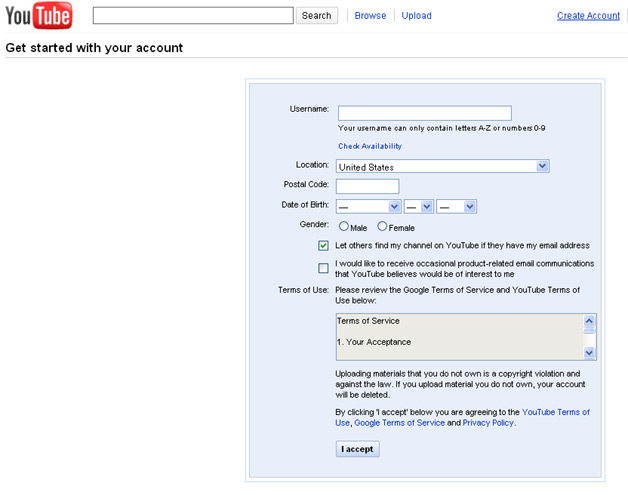Update: A screenshot of what this toolbar might look like has appeared. Google of course says it is always testing features, and has nothing new to announce.
Original Article: There have been a lot of rumors and a lot of speculation around a "social layer" that Google is supposedly adding to many of its products. Little has been known about Google’s planned implementation and the functionality of this social layer, and a great deal of talk has been around the name itself.
MG Siegler at TechCrunch, who learned this week that the product was allegedly being referred to internally as "Emerald Sea", is now saying that the name has already evolved again to "Google +1" according to some sources or "@Google" by others, one of which, he says could end up being the final name.
None of the sources are named so we can only take the suggestions for what they are: rumor. I’m just going to keep referring to it as the "social layer" until we hear something different from Google itself.
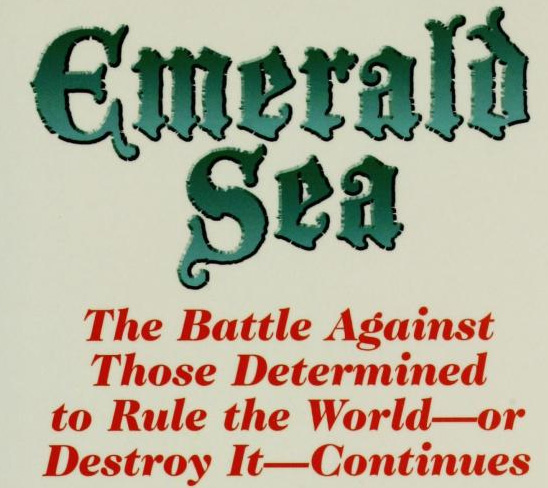
What it MIght Be
The name isn’t that important though. It’s that aforementioned implementation and functionality that will really matter, and Siegler claims to know a bit about that now as well, reporting:
In its current state, Google +1 is said to be a toolbar that appears across many of Google’s services. That is said to include their Chrome web browser. Though one source says they believe it will be a Chrome extension, rather than being fully baked into the browser — at least for now. And while +1 should start on Google properties, the idea would be get other sites to implement it too — perhaps like Facebook’s Like button and other social widgets.
Again, we can only consider this rumor for now, and in all likelihood, Google doesn’t even know for sure how it will implement its new social layer. The launch has already reportedly been pushed back to Spring of next year. They want to get it right. They need to.
Assuming that this does turn out to be a toolbar across Google services (and potentially across other sites), is this the right approach? To be honest, I’m not sure how I feel about it. I’m looking around at various Google products and trying to visualize what it might look like, and quite frankly it’s not that great, but I’m not going to judge a product that is just a rumor at this point, based on my own imagination of what it could be.
Google does need to find a way to tie its products together more efficiently and get people to notice that they’re tied together. As far as getting onto other sites, it’s hard to see how they could make this work any differently than they’re existing offerings. They already offer "Buzz" buttons, Google Friend Connect, etc. We’ll just have to wait and see.
On a related note, Google co-founder Sergey Brin is reportedly getting involved with the product.
 That’s not great news for Google. The company’s had enough trouble in the social arena even when it had absolute faith in its products (remember all the hype surrounding Wave?). Show-stopping quarrels over something can’t constitute a positive sign.
That’s not great news for Google. The company’s had enough trouble in the social arena even when it had absolute faith in its products (remember all the hype surrounding Wave?). Show-stopping quarrels over something can’t constitute a positive sign.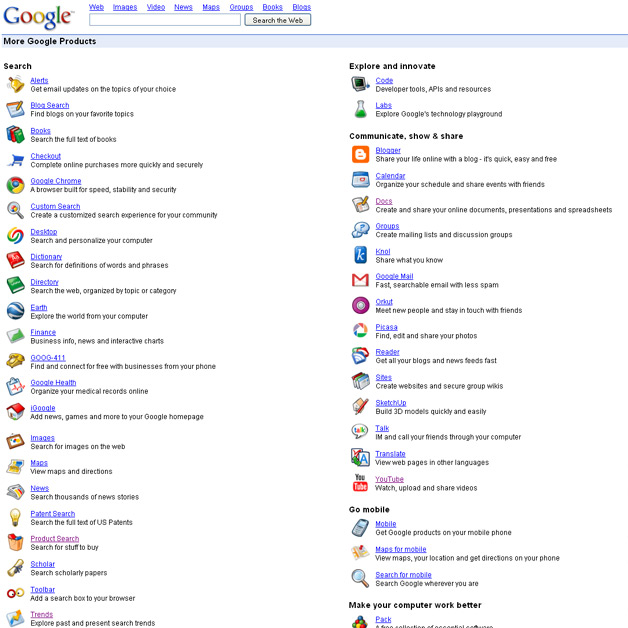

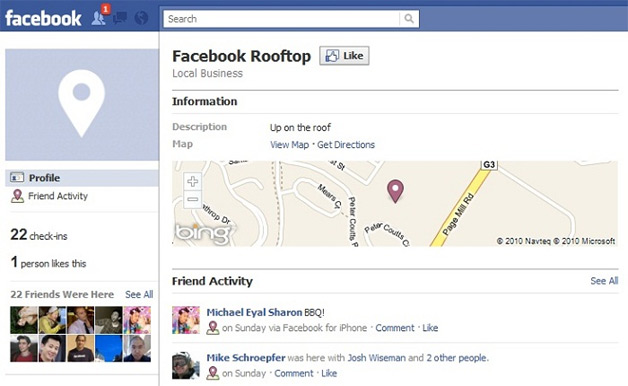
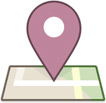 I’d imagine we’ll prob pull FB checkins into 4SQ too. We’re in the middle of a redesign and some new feature launches, so we’re going to get thru those before getting started on FB integration.
I’d imagine we’ll prob pull FB checkins into 4SQ too. We’re in the middle of a redesign and some new feature launches, so we’re going to get thru those before getting started on FB integration. Enabling multiple sign-in will disable Offline products like Offline Gmail and Offline Calendar, as well as any browser bookmarks you’ve set to link to your accounts. If you use Offline Gmail, make sure to sync your offline mail before enabling multiple sign-in so you don’t lose any messages in your outbox. If you would like to continue using Offline Gmail, Offline Calendar, and browser bookmarks linked to your accounts, do not enable the multiple sign-in option. If you have already enabled multiple sign-in, you may disable it.
Enabling multiple sign-in will disable Offline products like Offline Gmail and Offline Calendar, as well as any browser bookmarks you’ve set to link to your accounts. If you use Offline Gmail, make sure to sync your offline mail before enabling multiple sign-in so you don’t lose any messages in your outbox. If you would like to continue using Offline Gmail, Offline Calendar, and browser bookmarks linked to your accounts, do not enable the multiple sign-in option. If you have already enabled multiple sign-in, you may disable it.
